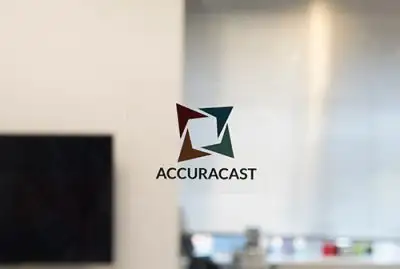The Mobile Search Conference 2007 was held in London this week and featured a full day workshop on mobile search marketing followed by two days of informative seminar sessions featuring speakers from Google, Bango, Nokia, Vodafone, Orange, InfoSpace, Motorola, AccuraCast, dotMobi, AtlasCT, and Telecom Italia.
The highlights from the first day included the following sessions:
Mobile Search Marketing: Are we there yet?
Farhad Divecha, Managing Director of AccuraCast led this day-long workshop to educate content providers, operators and even mobile search engines on marketing websites on the leading mobile search engines. For further information on this workshop, please contact AccuraCast.
Mobile Search: The starting point for mobile content consumption
George Fraser, VP of sales and business development at InfoSpace Mobile Europe gave a useful introduction for those who had not attended the workshop.
Embracing off-portal browsing
Steve Ricketts from Orange Mobile provided an interesting insight into one of the UK’s largest mobile operators. Interesting points to note from his session were:
- Millions of search requests received per month on their Orange World mobile portal
- Top 100 searches account for 35% of total search volume
- Peak usage is in the evenings, especially between 9 PM and 11 PM
- Adult search works with Yahoo! sponsored search and has age verification in place
- Orange world search results typically show, in order:
- 2-4 on-portal results
- 3 sponsored results
- mobile web results, followed by
- regular web results.
Protecting young users on the mobile web
Annie Mullins, Vodafone’s head of content standards, spoke about the challenges facing mobile operators in their endeavours to regular the content being accessed by young mobile Internet browsers. The often hilarious talk touched upon various issues ranging from monitoring user generated content and social media sites and the Google algorithm changes to affect rankings for suicide, anorexia and illegal porn related sites.
Exploiting pay per click models to generate revenue
Martin Harris, senior VP of worldwide sales at Bango, explained their services for mobile content providers. The few important points raised during the presentation and in the Q&A part after were:
- Percentage of visitors coming to mobile sites via SMS Triggers has fallen as mobile search increases in popularity
- Bango’s relationship with Yahoo! is basically establishes them as a partner that offersYahoo! Search Marketing services to all Bango clients from the Bango site itself
- They have found differences is ROI across operators. Typically, operators that allow direct payment show higher ROI than those that require credit card payment or those that insert their own confirmation pages in the payment process
Examining the strategies of key players in the mobile search value chain
David Thevenon, Google’s head of wireless partnerships for EMEA, joined representatives from InfoSpace Europe and Mobile Commerce on the panel discussion. Google refused to divulge information or statistics about mobile search volumes, trends or categories. However they did mention the following interesting points:
- Google’s David Thevenon predicted that costs per click (CPC) will be different on mobile than they are on desktop Internet search due to the differences in keywords being searched and requirements of users on mobile phones.
- David Thevenon from Google also made a rather interesting observation that the mobile industry was pushing advertisers to capitalise on mobile marketing too soon, and it might be better off waiting for users to gain trust in the technology and for numbers to rise before pushing harder to monetise on the medium.
Highlights from Day 2 will be discussed in next week’s article.









